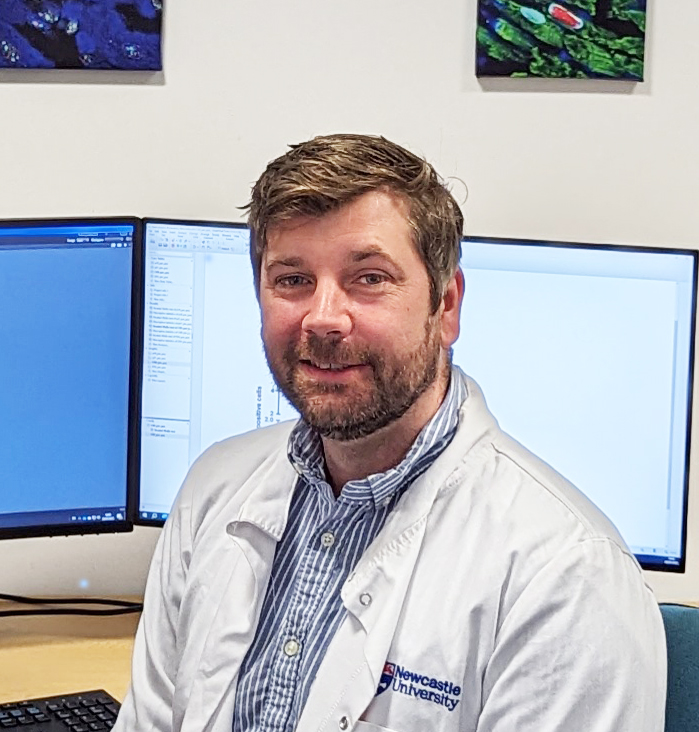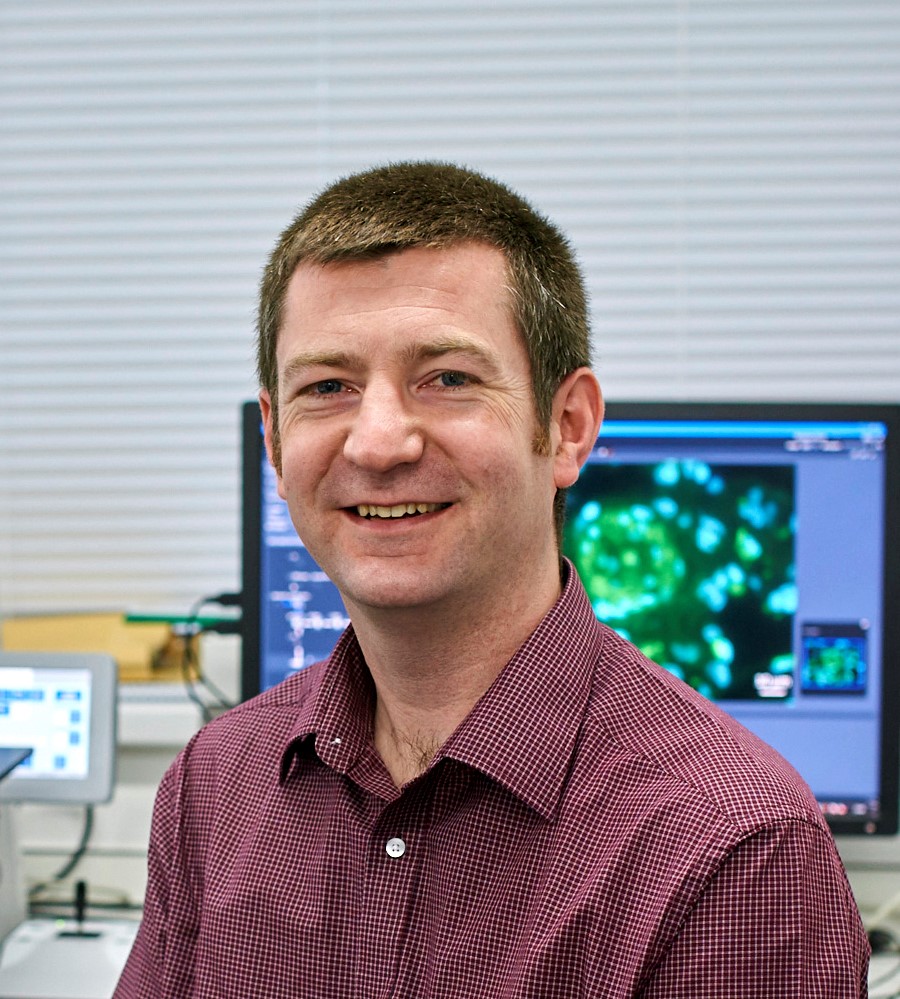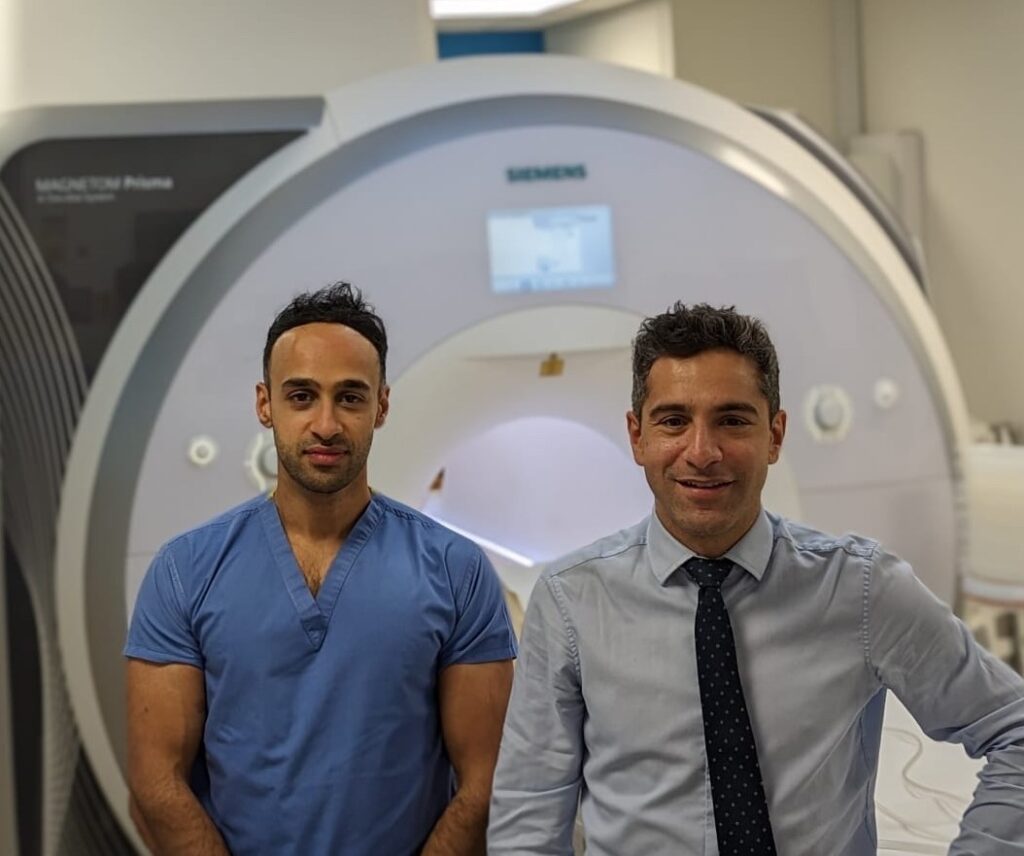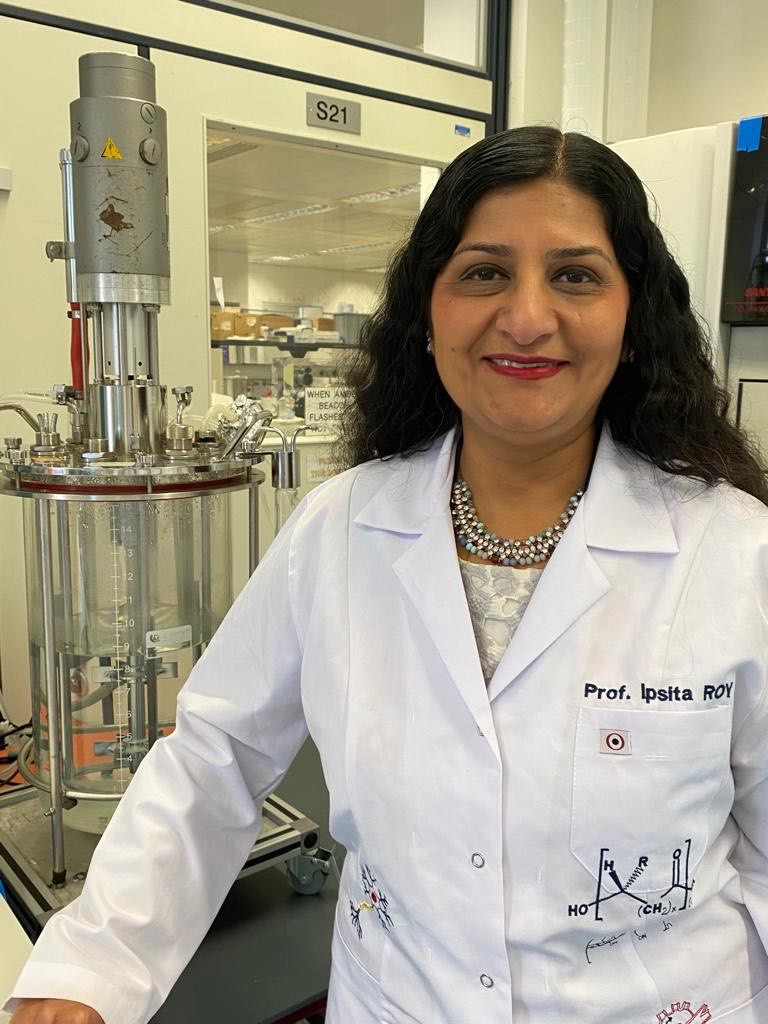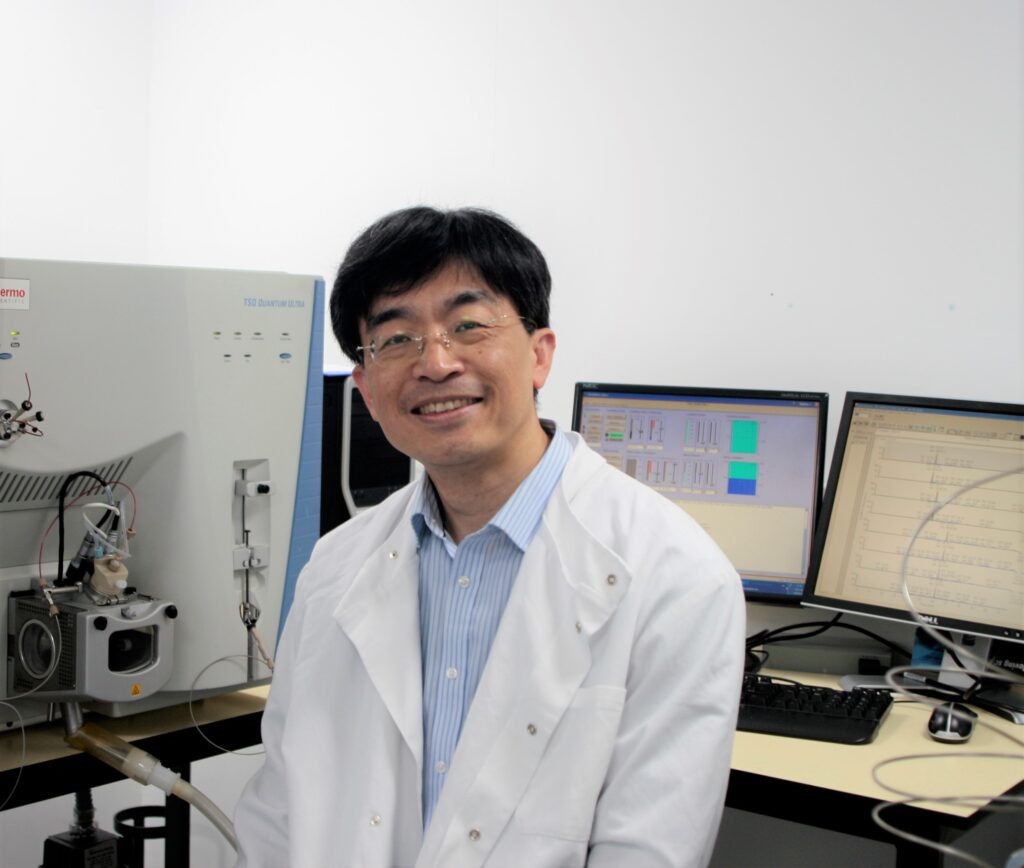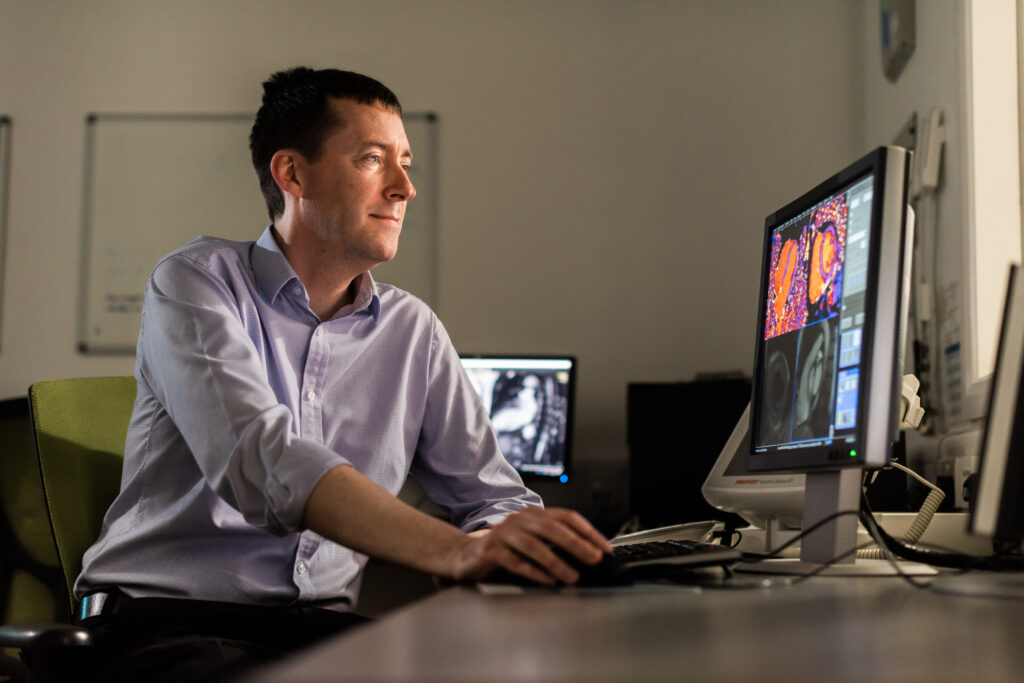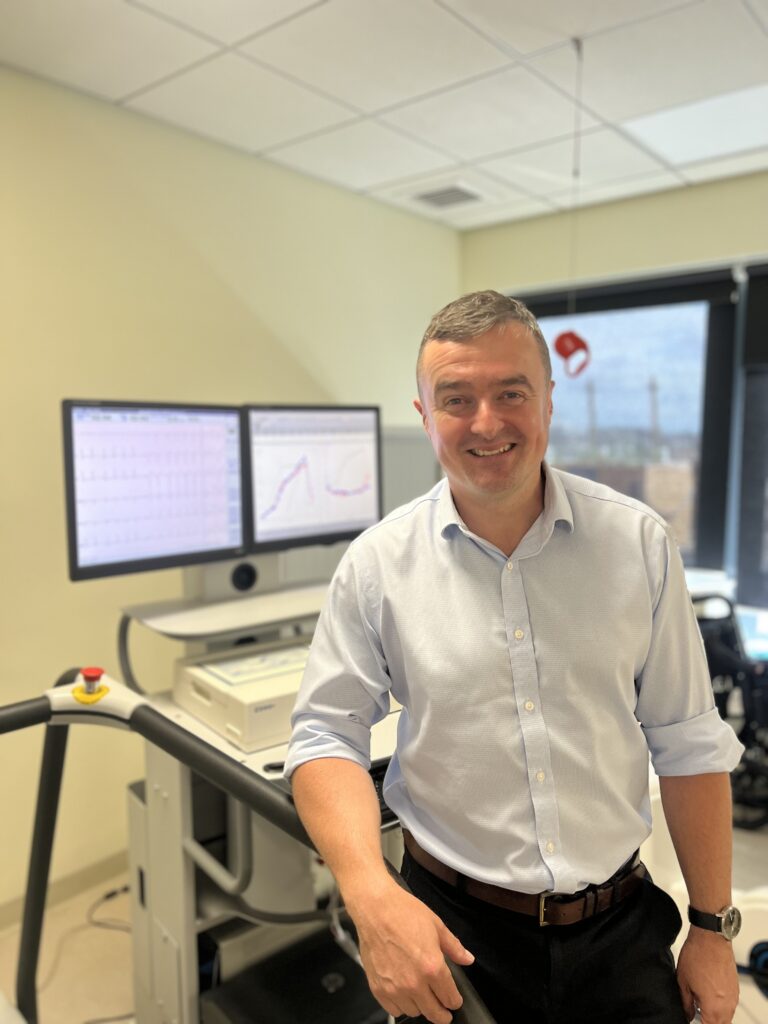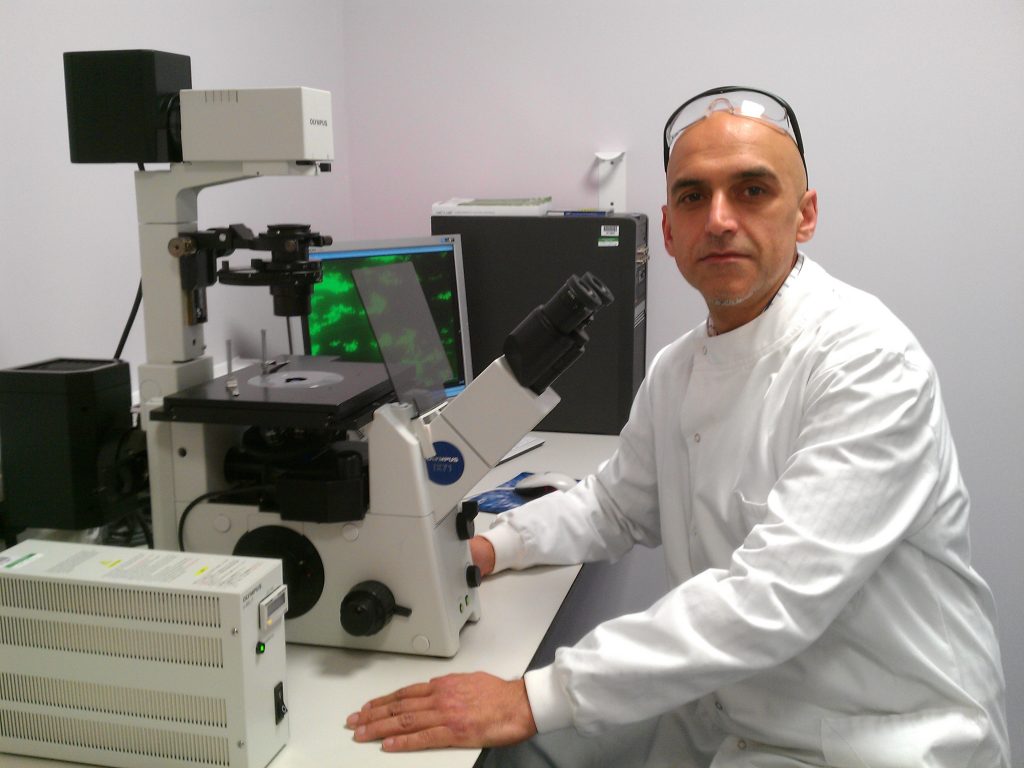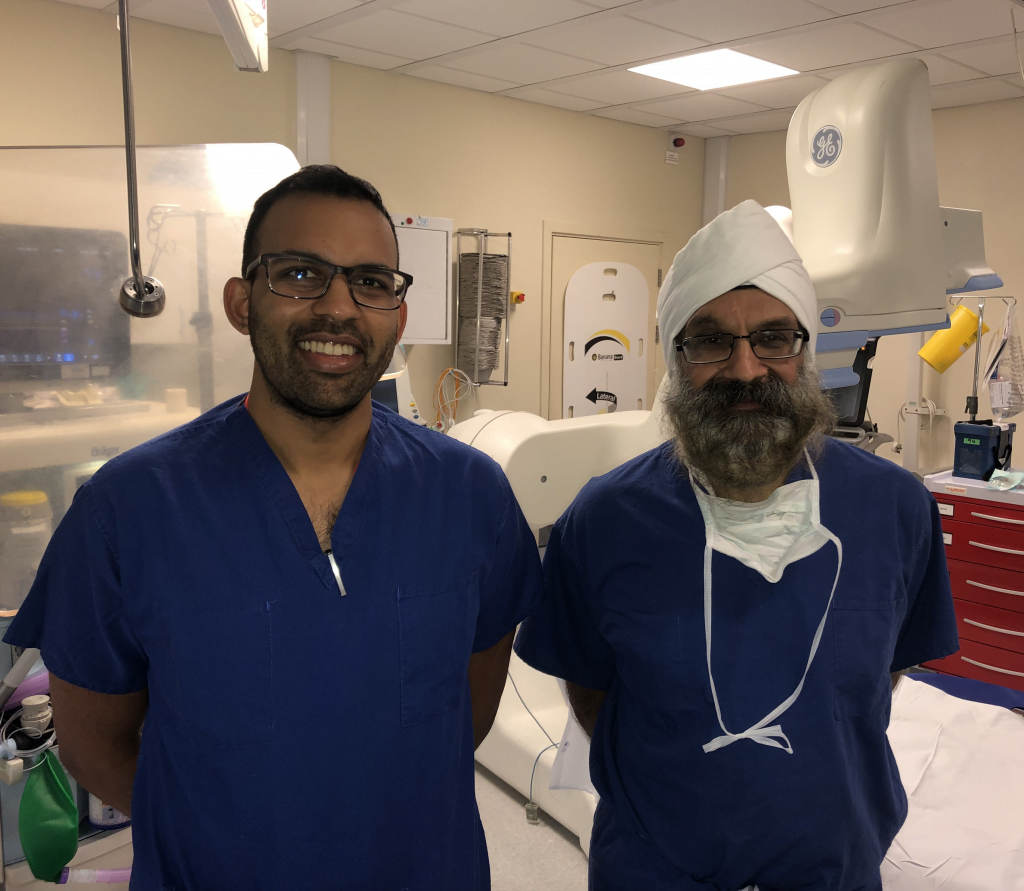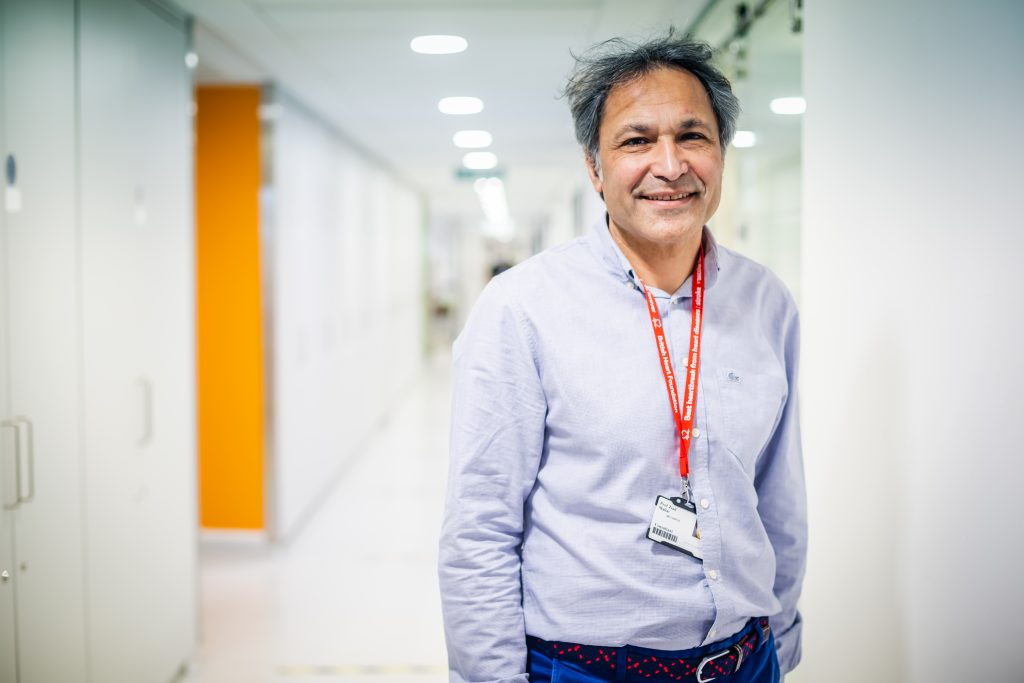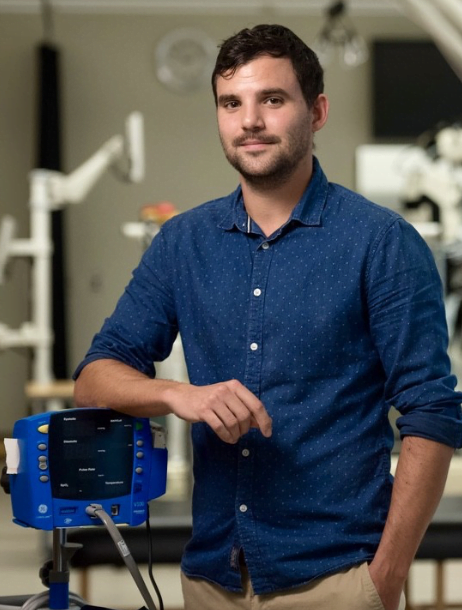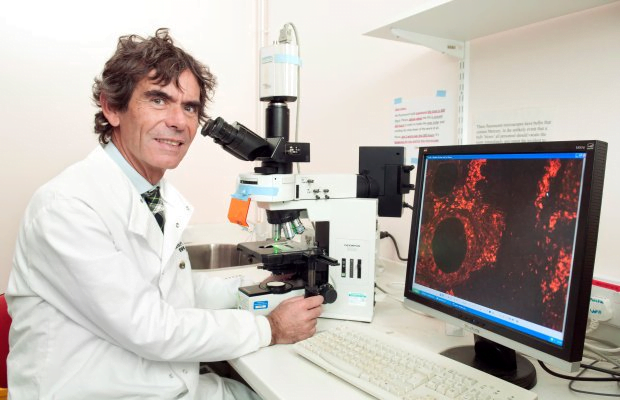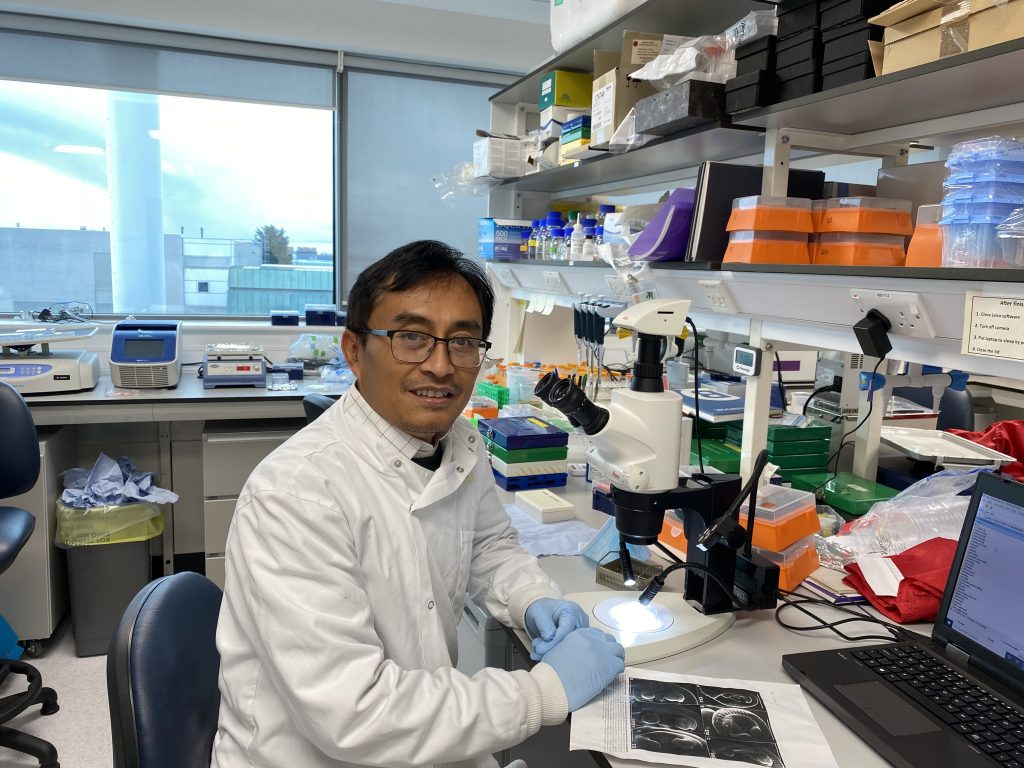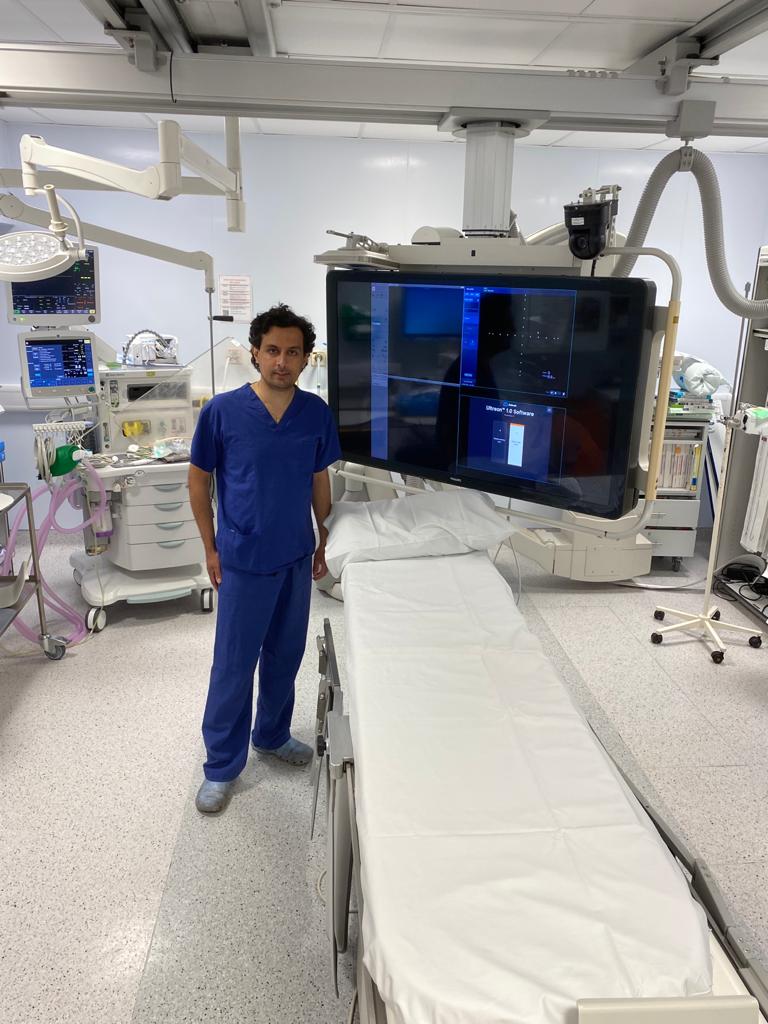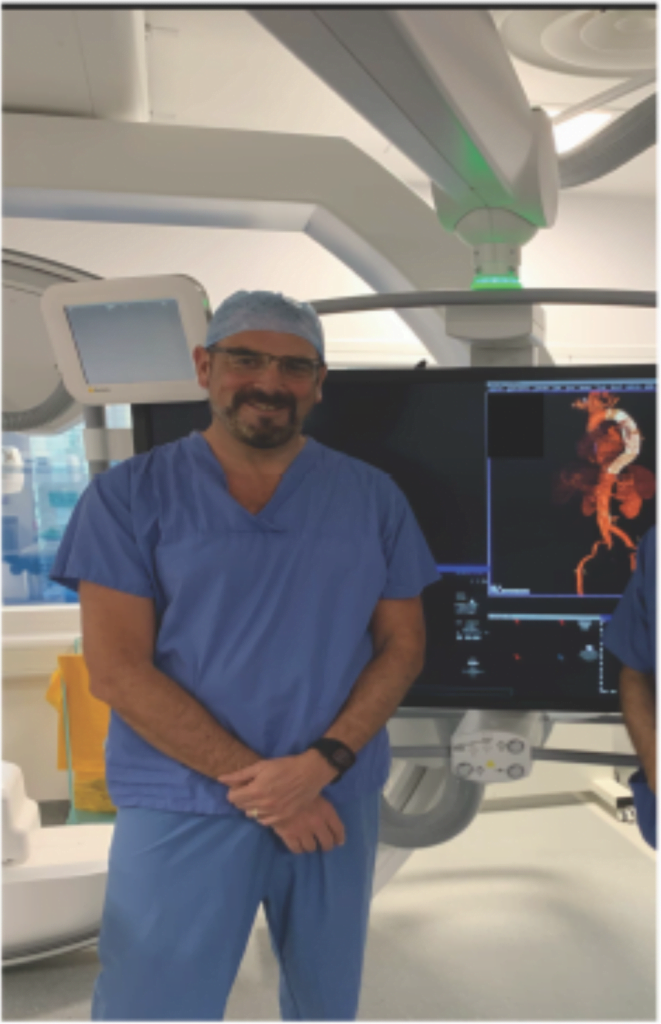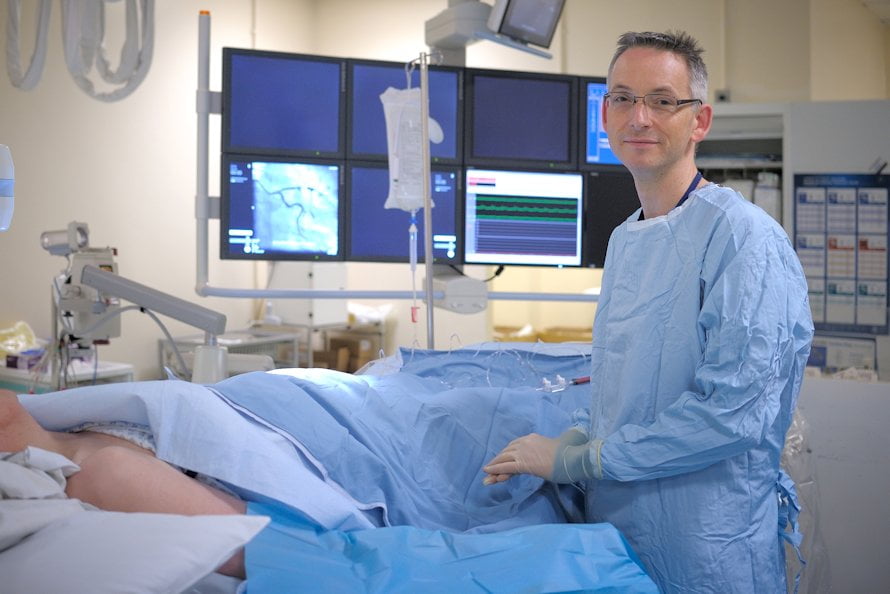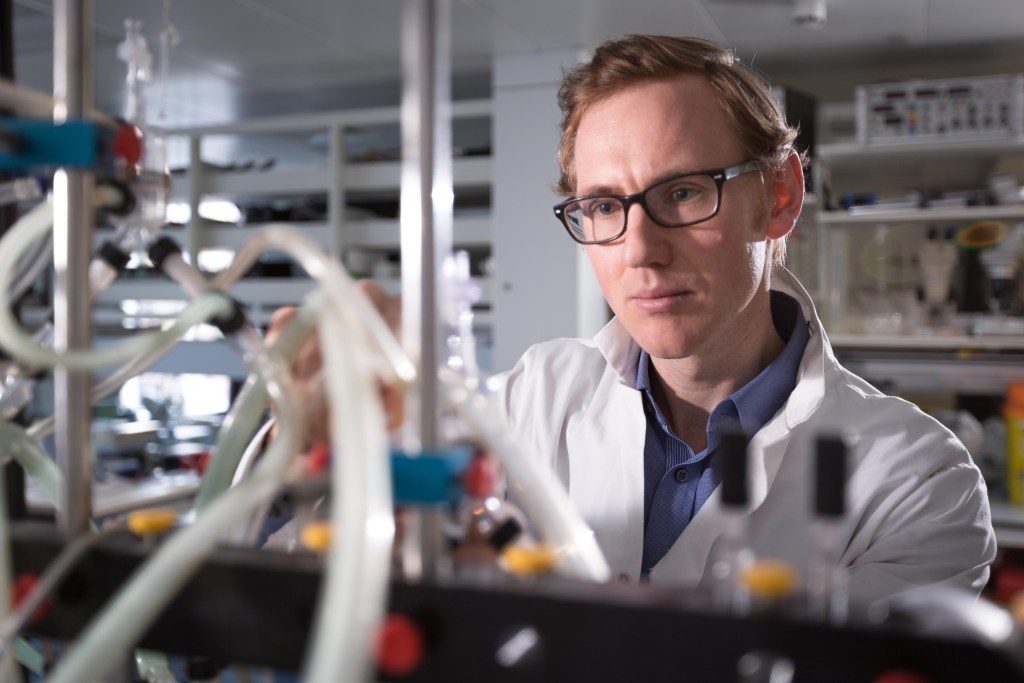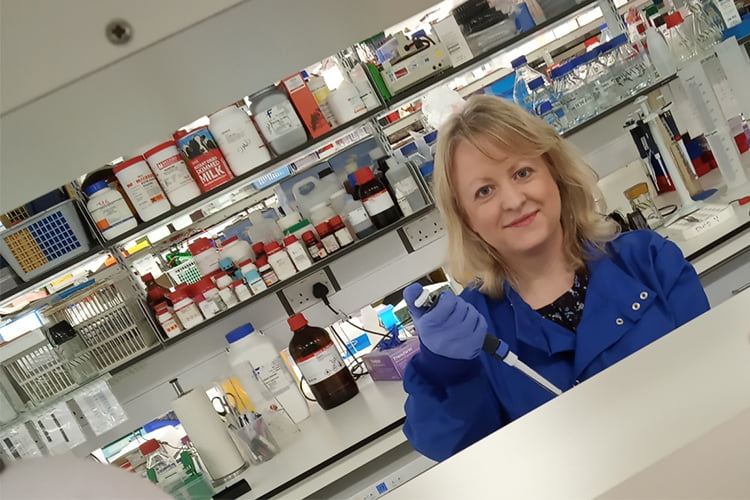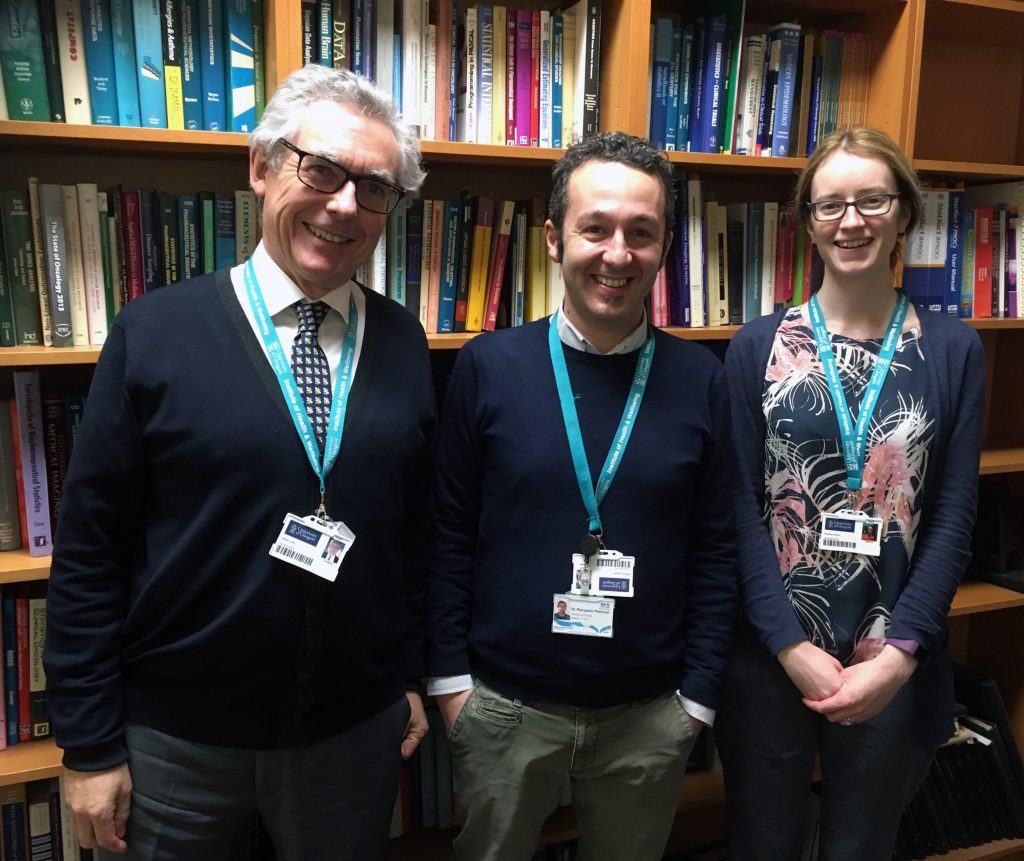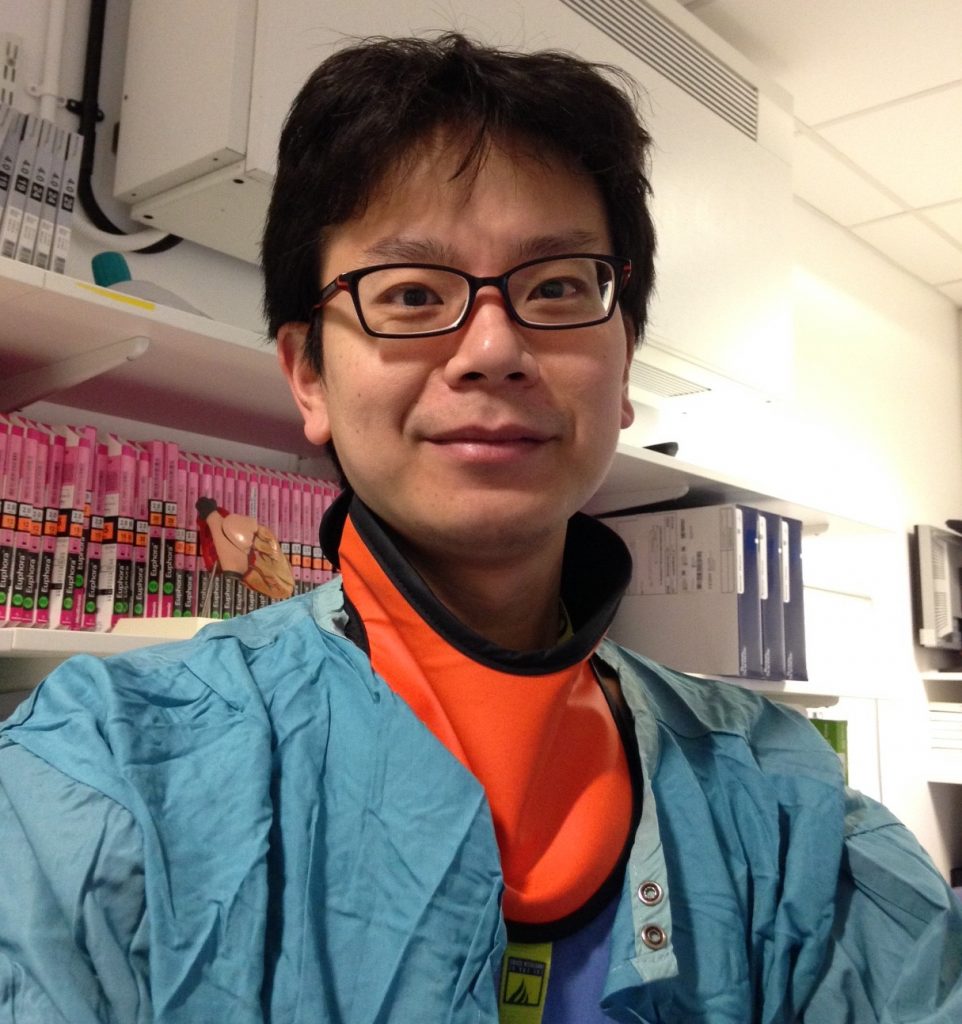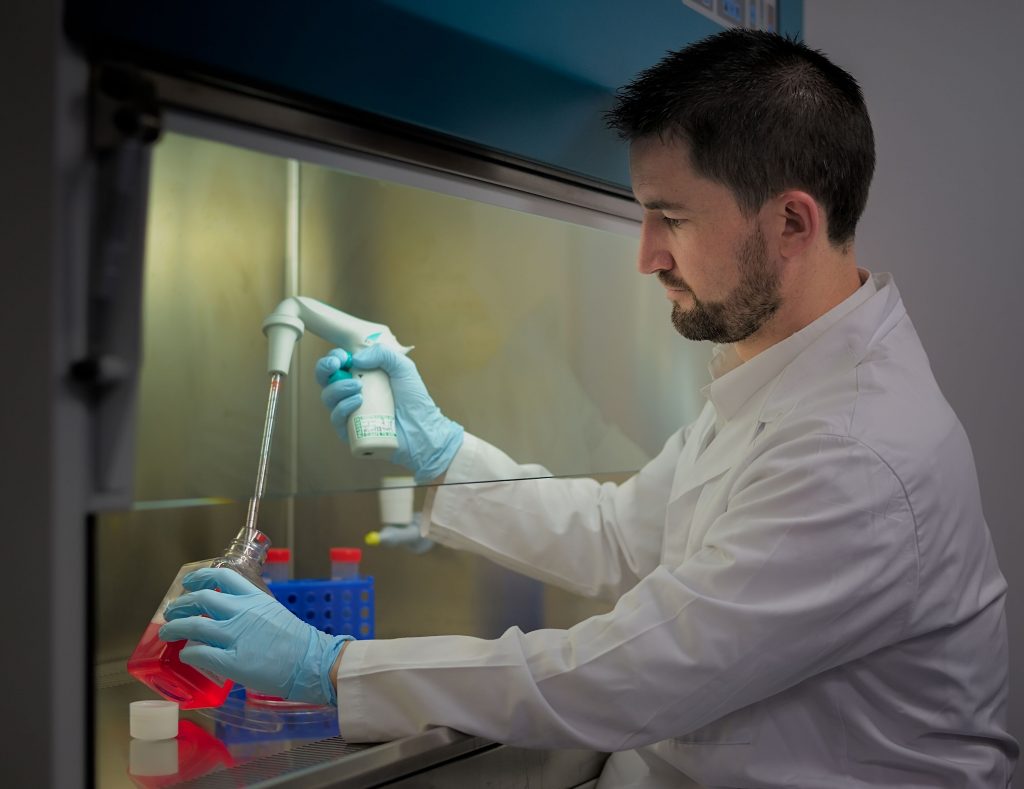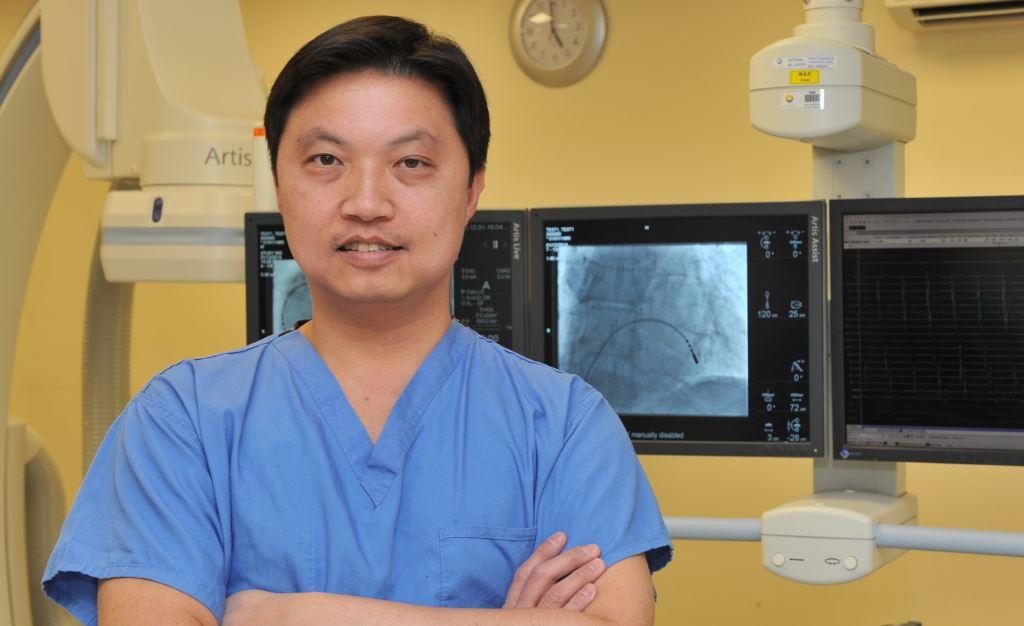Translational Research Project Grant
Prof Georgina Ellison-Hughes, King’s College London
Amount: £126,441

The build-up of ‘zombie’ cells, in our bodies promotes ageing and age-related conditions including cardiovascular disease. This project will investigate whether a new group of drugs, called ‘senolytics’, can eliminate zombie cells and/or stop the harmful chemicals they produce, so improving the survival and growth of heart muscle cells and their ability to repair the heart.
Ageing is the greatest risk factor for many life-threatening disorders, including cardiovascular disease and cancer. ‘Senescence’ is the term given to the biological ageing process which involves the build-up of senescent cells, called ‘zombie’ cells, which refuse to die. Zombie cells release chemicals that can be harmful to nearby cells, eventually making them become zombie cells too. The build-up of zombie cells in our bodies promotes ageing and age-related conditions including cardiovascular disease.
A new group of drugs, called ‘senolytics’, has been developed which eliminate or cause death of zombie cells. In lab studies, senolytics have been shown to eliminate zombie cells and improve conditions such as cataracts, diabetes, osteoporosis, Alzheimer’s disease, enlargement of the heart, kidney problems, clogged arteries and age-related loss of muscle. Overall, they have shown to improve poor physical function and extend health span and lifespan.
Prof Ellison-Hughes and her team have developed a co-culture human ‘zombie’ cell lab model where senescent, zombie cells are grown together with non-senescent, healthy cells. Using the model, they have been able to eliminate a particular type of zombie heart cell using a combination of two senolytic drugs, preventing their damaging effects on the neighbouring non-senescent, healthy heart cells.
This project will use the co-culture model to look at the effects of the senolytic drug combination on human heart muscle cells. This will help us understand how zombie cells are harmful to healthy heart cells. Also, it will determine if by eliminating zombie cells and/or stopping the harmful chemicals they produce, we can improve the survival and growth of heart muscle cells and their ability to repair the heart.
If successful, the findings will help us understand the effects of senolytic drugs on human heart cells, and may pave the way for the development of senolytics to treat age-related heart disorders and the toxic effects of cancer chemotherapy on the heart.

